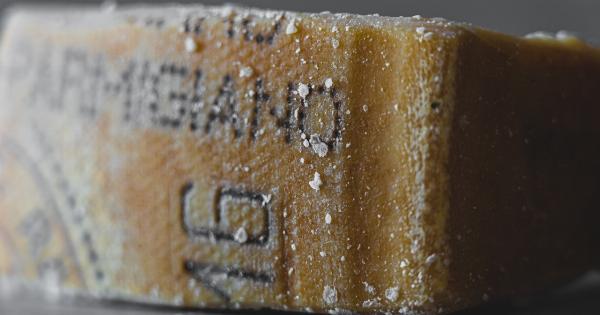Most of us are aware of the potential dangers of kidney diseases such as kidney stones or chronic kidney disease.
But have you ever heard of calic kidney? This condition is relatively unknown to the general public, but it can cause serious harm to your kidneys and overall health.
What is Calic Kidney?
Calic kidney disease is a rare genetic disorder that affects the function of the kidneys. The disease causes small cysts to develop within the kidneys, which can interfere with their ability to properly filter waste products from the blood.
This can lead to a buildup of toxins in the body, which can cause a wide range of health problems.
Most cases of calic kidney are inherited, meaning they are passed down from parent to child through a faulty gene. However, some cases can occur spontaneously without any family history of the disease.
Symptoms of Calic Kidney
One of the most challenging aspects of calic kidney disease is that it can be asymptomatic for many years. In fact, many people with the disease may not even know they have it until the condition has progressed to an advanced stage.
When symptoms do occur, they can vary widely depending on the severity of the disease. Common symptoms of calic kidney disease include:.
- Frequent urinary tract infections
- Blood in the urine
- High blood pressure
- Swelling in the legs, ankles, or feet
- Shortness of breath
- Fatigue and weakness
- Abdominal pain or discomfort
If you experience any of these symptoms, it is important to talk to your doctor right away. While they may not necessarily be caused by calic kidney, they could be a sign of an underlying health problem that requires medical attention.
Diagnosing Calic Kidney
Because calic kidney disease is so rare, it can be challenging to diagnose. If your doctor suspects you may have the condition, they may order a series of tests to confirm the diagnosis.
These tests may include:.
- Blood tests to measure kidney function
- Urine tests to look for protein or blood in the urine
- Imaging tests such as an ultrasound or CT scan to visualize the kidneys
- A biopsy, which involves removing a small sample of kidney tissue for analysis
If you are diagnosed with calic kidney disease, your doctor will likely recommend a treatment plan tailored to your specific needs and the severity of your condition.
Treating Calic Kidney
There is no cure for calic kidney disease, but treatment can help manage the symptoms and slow the progression of the disease.
Treatment options for calic kidney may include:.
- Blood pressure medication to help control high blood pressure
- Diuretics to help reduce swelling in the legs and feet
- A low-protein diet to reduce the workload of the kidneys
- Dialysis or kidney transplant in cases of advanced kidney failure
It is important to work closely with your doctor to monitor your kidney function and adjust your treatment plan as needed.
It is also essential to maintain a healthy lifestyle by eating a balanced diet, exercising regularly, and avoiding smoking and excessive alcohol consumption.
Living with Calic Kidney
Calic kidney disease can be a challenging condition to live with, both physically and emotionally.
It is important to have a strong support system in place, whether that be through family and friends or a support group for people living with kidney disease.
It is also important to take an active role in your own healthcare by educating yourself about the condition and advocating for the best possible care from your healthcare team.
Conclusion
Calic kidney disease is a rare but serious condition that can have a significant impact on your health and wellbeing. If you experience any symptoms of kidney disease or have a family history of calic kidney, be sure to talk to your doctor.
Early diagnosis and treatment can help manage the symptoms and slow the progression of the disease.






























